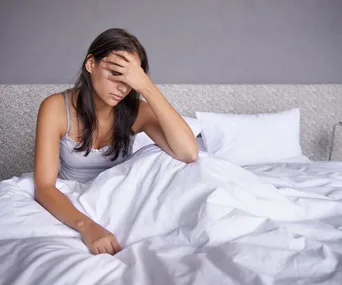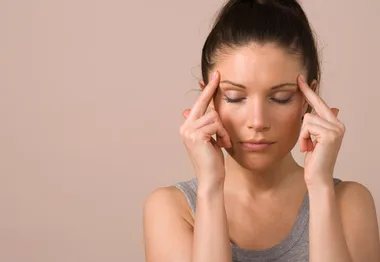Head pounding? You’re not alone. According to Headache Australia, headache is one of the most common pains experienced by humans. In fact, it is quite unusual not to have at least an occasional headache.
“The most common types are tension headaches and migraines,” says resident GP Dr Liz Marles.
“A tension headache feels like a tight band around the head and is often stress-related, while a migraine tends to be a throbbing pain that’s felt on one side of the head.”
And although headaches are rarely life-threatening, they can take a huge toll on how we feel.
A recent study found that at any given time, 15 per cent of Australians are on painkillers to relieve headache pain.
Women are also more prone to headaches than men, particularly as we age.
“Migraines often get worse during menopause due to fluctuating hormones,” says Dr Marles.
But before you pop a painkiller, try these simple strategies first.
1. Take time out
The first step to beating chronic headaches? Clear your headspace.
“Stress can have a major impact on recurring headaches,” says Dr Nick Dorsche, retired neurosurgeon and member of the Brain Foundation board.
Beating stress is tricky, but we can manage it.
“Stress management techniques like meditation, tai chi and yoga can help our body to relax, releasing tension and, in turn, alleviate headaches,” says Dr Marles.
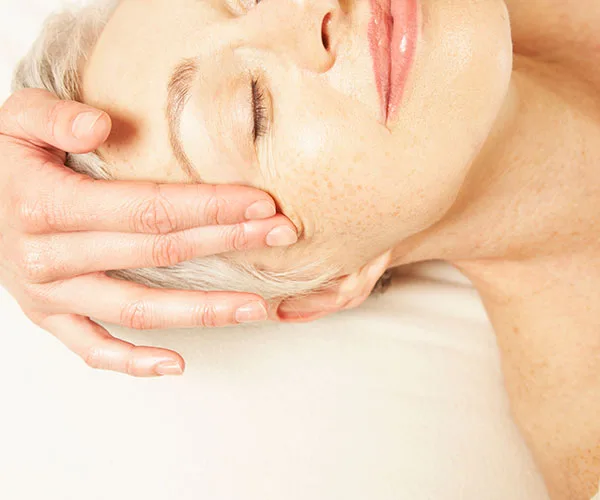
Manage your stress by taking some time out.
(Image: Getty)2. Stay hydrated
According to a recent American study, even mild dehydration can cause severe headaches.
Have at least six glasses of water a day to keep headaches at bay. Like thirst, hunger can also play a part.
If you’re hungry or have skipped a meal, a drop in blood sugar can starve your brain of glucose and lead to headaches.
Stick to regular meals throughout the day and snack on low-GI foods like fresh fruit and nuts to keep blood sugar levels stable.
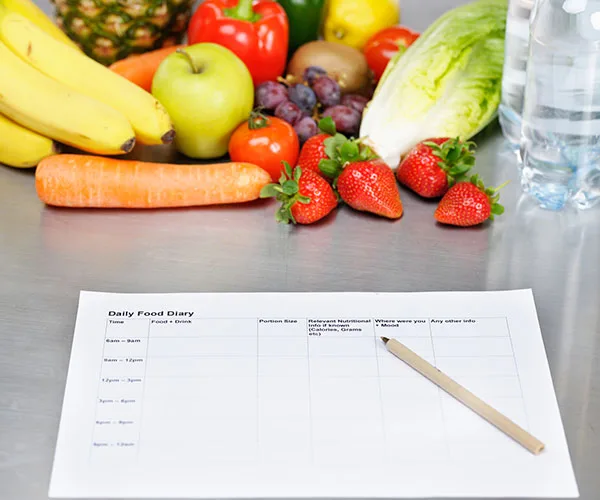
Eat regular meals and snack on low-GI foods.
(Image: Getty)3. Go easy on the vino
Not only could one too many glasses of the good stuff bring on a headache or a hangover, but wine itself can also trigger a pounding head.
“For some people, even a single glass of red wine can trigger a headache,” says Dr Marles.
Experts believe this is because red wine contains histamine, a natural chemical and common headache culprit.
If you’re prone to red wine headaches, drink plenty of water between glasses to prevent dehydration, or opt for white wine, which has less histamines.

Red wine contains histamine, a natural chemical and common headache culprit.
(Image: Getty)4. Take screen breaks
Intense computer use can also bring on headaches.
“Slouching at your computer can strain your neck muscles and cause headaches, while concentrating for too long can strain your eyes and trigger tension headaches,” says Dr Dorsche.
“Watch your posture and take five-minute stretch breaks every hour.”
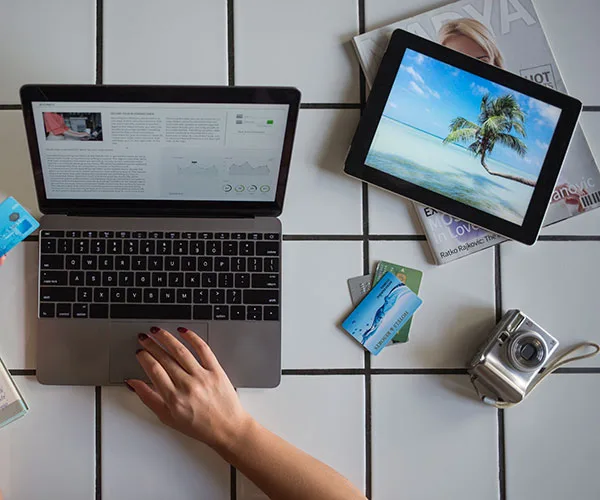
Take a break from your computer.
(Image: Getty)5. Get some sleep
There’s nothing worse than a bad night’s sleep.
In fact, getting just one hour less sleep each night could result in a headache lasting several hours the next day, according to an American study.
“It’s important to establish a good bedtime routine,” says Dr Marles. “Go to bed at a regular time each night, avoid looking at a screen right before going to sleep and aim to get 7-9 hours’ rest.”
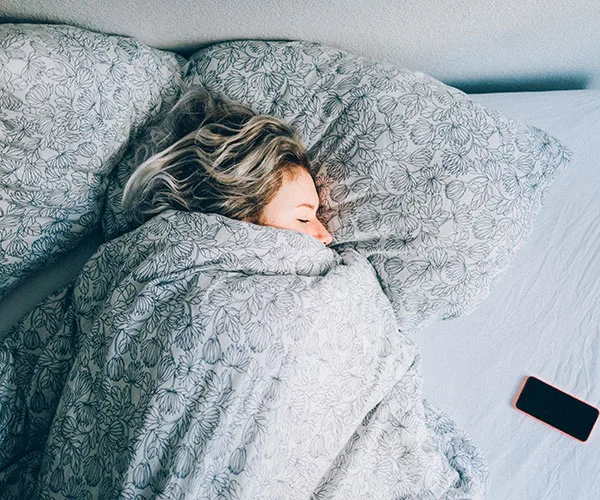
A good night’s sleep can work wonders.
(Image: Getty)6. Avoid bright lights
Bright lights, including direct sunlight, and glare are one of the most common triggers of migraines.
If you experience photophobia (pain from bright lights), try to avoid situations like crowded venues, theatres and places with strobe lighting, and wear sunnies outdoors.
“If you feel a migraine coming on, treat it with a painkiller early on, drink plenty of water and lie down in a dark room to stop it getting worse,” says Dr Marles.
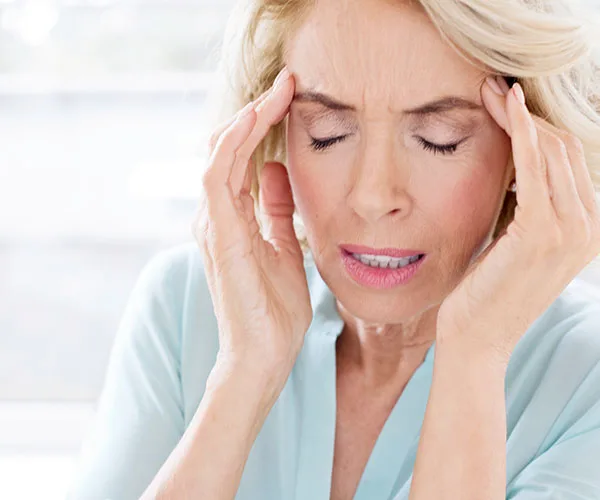
Try to avoid situations like crowded venues, theatres and places with strobe lighting.
(Image: Getty)7. Keep a headache diary
“By recording when every headache strikes, how it felt and what you were doing at the time, you can find trigger patterns,” says Dr Dorsche.
“Depending on what’s behind your headaches, your GP could refer you to a physiotherapist to treat the physical pain, as well as a psychologist to work through emotional triggers.”
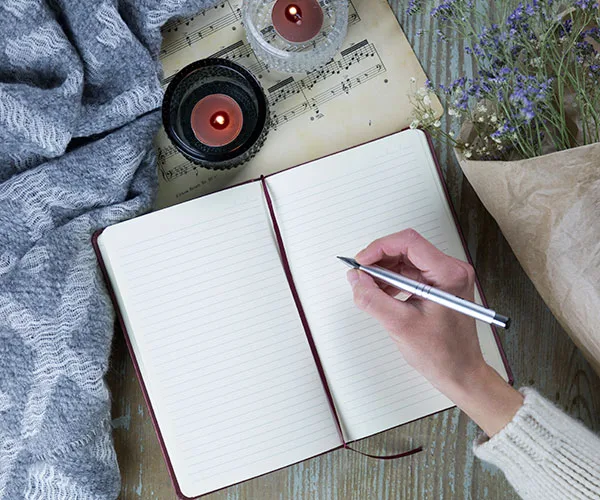
A headache diary can help you find trigger patterns.
(Image: Getty)When a headache strikes:
● Lie down in a dark and quiet room
● Try to sleep it off
● Use a cold or warm cloth on your forehead and back of your neck
● Go for a walk in fresh air
● Gently massage the back of your neck and temples
● Take time out from work/family life to properly recover

Dr Chris Reeves answers your back health questions.
(Image: Supplied)Medical Matters
Osteopath and member of the Australian Osteopathic Association Dr Chris Reeves answers your back health questions.
Q.Can the way you sleep have an effect on back pain? I always sleep on my tummy but have been told this can trigger a sore lower back.
Absolutely. Tummy sleeping can accentuate the natural arch (called the lordosis) in your lower back as it gives it very little support in this position. The muscles and ligaments are also placed in a shortened position, increasing your risk of back injury. The best sleeping position for supporting your lower back is lying on your side, with your knees tucked up slightly. You could also try popping a pillow between your knees to take the pressure off your hips and knees. Finally, don’t forget to find a good-quality mattress – this is essential for good back support.
Q.Can using a heavy handbag really make my back pain worse?
The heavier the handbag, the greater your risk of developing or aggravating back pain. It pays to do regular inventory checks in your bag to remove any unnecessary weight from things you don’t need to be carrying. It can also help to regularly alternate the shoulder you carry your bag on, and try not to elevate this shoulder while you walk as it can encourage muscular tension in the neck and upper back. The best bag for your back is one with a long strap, so you can sling it to the opposite side of the carrying shoulder to even out weight across your body.

